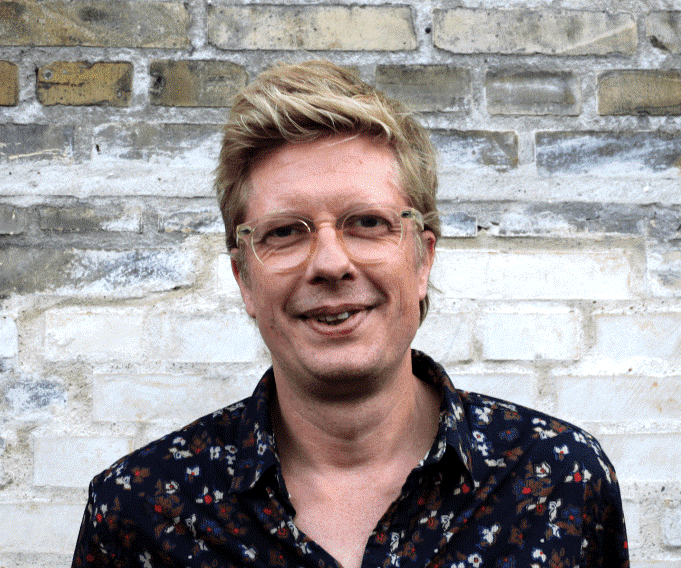Investigating collective creativity
IMC Tuesday Seminar: Talk by Kristian Tylén, Department of Linguistics, Cognitive Science and Semiotics and IMC, Aarhus University
Info about event
Time
Location
Jens Chr. Skous Vej 4, DK-8000 Aarhus C, building 1483, room 312 and online (https://aarhusuniversity.zoom.us/my/imcevents)

Abstract
Creativity is a fundamental yet ill understood cognitive phenomenon. While creativity is typically thought of as an individual process, it often unfolds in socially interactive settings where individuals jointly explore and manipulate their environment to discover novel, interesting and useful objects, solutions, or experiences. Inspired by for instance Hills et al. (2008), we can characterize the creative process as a search through a possibility space, relying on mechanisms similar to those observed in animal foraging behavior (Buchanan, 2008). This framework allows us to study how a creative process balance exploitation of more accessible local solutions and exploration of less accessible, but perhaps more original, distal solutions. In this talk, I discuss recent experimental and agent-based simulation work that seek to uncover how social interaction affects cognitive search and in particular the balance between exploiting and exploring the solution space. The findings suggest that a number of properties of social interaction (e.g. diversity and coordination) modulates how collective creative search unfolds and impact aspects of the creative solutions.
About the speaker
Kristian Tylén is an Associate Professor in Cognitive Science affiliated with the Department of Linguistics, Cognitive Science and Semiotics and The Interacting Minds Centre. His research addresses various aspects of human meaning-making: language and cultural evolution, social interaction, dialogue and collective problem solving, creativity, and the role of material objects in human reasoning. He investigates applying a broad range of methods including behavioural experimentation, brain imaging, physiological measurements, agent-based/statistical modeling as well as conceptual/theoretical analysis. Besides, Kristian recently received an ERC consolidator grant for the project “The evolution of early symbolic behavior”, which will start in the fall 2022.
